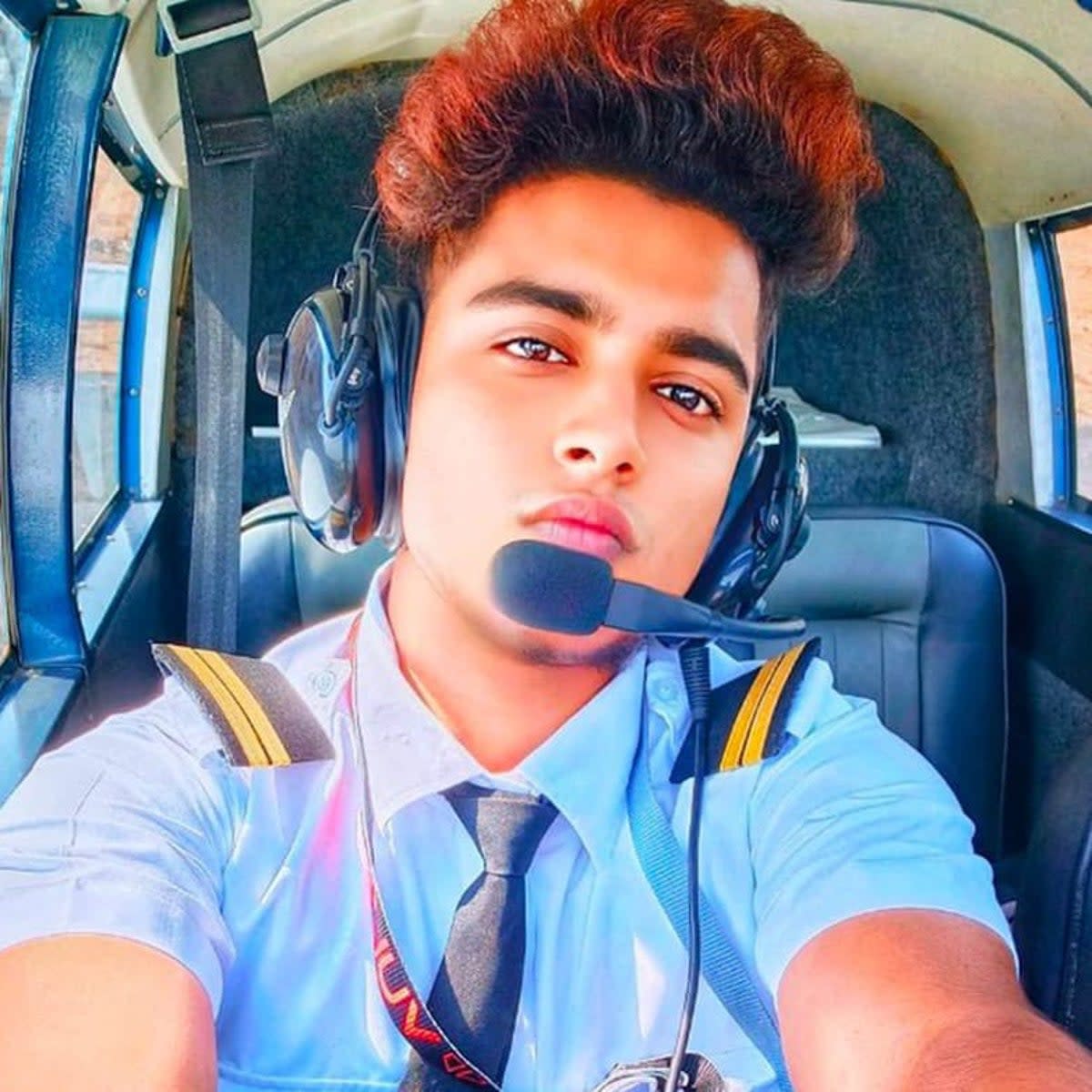India opens doors to transgender pilots for the first time

India’s civil aviation authority has announced new guidelines that will allow aspiring pilots from the transgender community to fly.
In a circular on Wednesday, the Directorate General of Civil Aviation (DGCA), announced that those aspirants who have completed their gender transition therapy or surgery will be declared fit to fly.
The guidelines also said that those undergoing ongoing hormone therapy will also be deemed fit to fly, reported The Hindu.
The move comes just weeks after 23-year-old trans trainee pilot Adam Harry was invited by the DGCA to reapply for a medical assessment to obtain his commercial pilot’s licence, two years after he was declared “unfit” to fly.
In January 2020, Mr Harry had applied for a medical examination to be able to convert his private pilot’s license from an aviation academy in South Africa to India so he could begin his pilot training in the country.
However, medical tests declared him to be “temporarily unfit” for six months on the grounds that he was receiving hormone replacement therapy, he had told The Independent in an interview.
Mr Harry was asked to reapply for a medical test after India’s federal social justice and empowerment ministry slammed the decision as “discriminatory”.
Referring to the new guidelines, Mr Harry said he was “so happy”.
“It is not just my victory alone but that of the entire trans community who are tortured and bullied over their gender despite being equally capable like other genders,” he was quoted as saying to Press Trust of India.
Under the new guidelines announced on Wednesday, applicants will need to submit detailed medical reports.
“The applicant shall submit a detailed report from the training endocrinologist containing the details — duration, dosage, frequency of dosage, changes made, hormone assay reports, side effects, etc — of hormone therapy the applicant has been taking,” reported the Press Trust of India quoting the circular.
The guidelines add that a transgender applicant’s fitness will be assessed on a case-to-case basis following the principles of assessing their functional ability and risk of incapacitation.
The transgender applicants, who have been taking hormone therapy or had a gender reassignment surgery within the last five years, will be screened for mental health status.
Despite the positive changes brought about by the new guidelines, Mr Harry said he is still concerned about the medical tests that have been mandated.
“Despite a transgender policy in place in the country, our community is still facing severe discrimination and the attitude of the society is yet to change much. I am thoroughly concerned about the behaviour of the medical examiners,” he explained.


